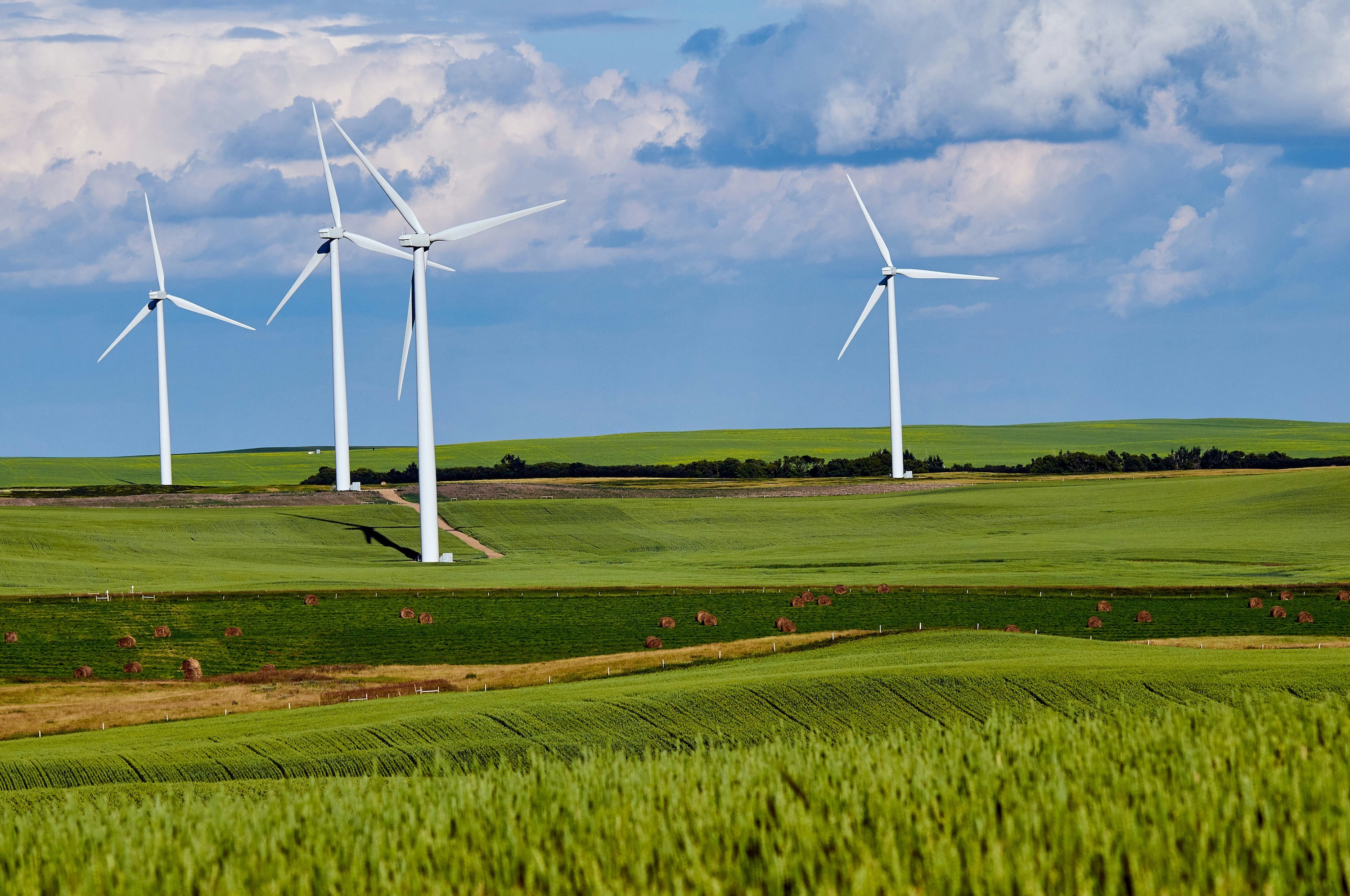Cleveland-Cliffs, the largest producer of flat-rolled steel in the US, is starting to make commitments to several hydrogen hubs in the Midwest in an effort to advance the supply of clean hydrogen.
In remarks last week, Cleveland-Cliffs CEO Lourenco Goncalves said his company is seeking to break the hydrogen industry’s chicken-and-egg dilemma by committing to offtake from proposed hubs in Ohio and Northwest Indiana.
As it stands, industrial gas producers don’t produce hydrogen at scale to reduce costs because there’s no demand, Goncalves said. And there’s no demand, he added, because there’s no supply.
“We are breaking this chicken-and-egg conundrum by committing with offtakes to the hubs,” he said, noting his company will take half of the offtake from the Toledo, Ohio hub being developed by Linde and other partners.
“The footprint [of the project] is 100 tons per day,” Goncalves said. “Our offtake there is 50 tons per day,” with the additional 50 tons per day likely taken up by other industries like automotive, he added.
Meanwhile, Cleveland-Cliffs has made an offtake commitment to a Northwest Indiana hub being developed by Constellation and bp, Goncalves said.
Cliffs recently conducted a trial use of hydrogen in steelmaking at its Middletown Works blast furnace, and is set to launch another trial at its Indiana Harbor facility, which is near the proposed Northwest Indiana hub.
Due to the proximity of the company’s steelmaking facilities using hydrogen, Cleveland-Cliffs has committed to 200 tons per day of offtake from the Northwest Indiana hub, which is expected to produce 1,000 tons per day. Cliffs made further commitments for offtake with bp for hydrogen produced elsewhere in Northwest Indiana, Goncalves said.
According to Goncalves, the hydrogen production could turn the region into a producer of hydrogen cars.
“So that would make for us to be the enabler of having the automotive industry building stuff in Northwest Indiana to produce hydrogen cars if the OEMs really pursue this route,” he said.
He added that he is hoping that the hydrogen trial at its Indiana Harbor No. 7 facility will be done with a permanent pipeline.
Steel premiums
Cliffs is already charging a premium of around $40 per ton to automotive clients for steel produced using lower carbon feedstock from the company’s HBI facility. Goncalves estimates that this cost gets passed on to the ultimate buyer of a new car, raising the window sticker MSRP price of a car by around 0.1%.
“As one of the largest suppliers of steel to the automotive industry in the world, Cleveland-Cliffs wants to continue to invest in green initiatives,” Goncalves said. “And therefore, we need to be paid for that. That’s not unreasonable and should actually be expected and universally accepted.”
The current HBI steel product, called Cliffs H, will become Cliffs H2 – and become even more expensive – once hydrogen is available in larger and more affordable amounts, according to the executive. And when hydrogen completely replaces natural gas, the product will be called Cliffs H Max, where the steelmaking process has reached minimum theoretical coke rates – likely around 2029 or 2030, he said.






